This is something I've been interested in for a long while, and it is now becoming more and more important. If you haven't heard of it, you will have seen it and maybe not realised, and the one thing professional marketeers seems to be sure of, this will replace or at least supersede current SEO practices, namely keywords and link building strategies.
Currently SEO is all about keywords and link building. If you want to rank well for the term builder in warwick, then you will no doubt be using this search term in keywords, H1 tags, some content on your page, and in the bad old days, hundreds of links with builder warwick as the anchor text.
Well everything is set to change, and indeed it has already started...
The search engines are now looking for structured data on your website, ie text or images on your web page that have been "marked up" behind the scenes with specific code. Invisible to humans, but very attractive to search engines.
It has been around for some time in the form of "snippets". Every time you see those review stars in the Google results against a business listing, you are seeing structured data.

So why the change?
Traditional SEO as already said is reliant on keywords. So if a user types in Builder Warwick into Google, it could generate a lot of results. Google doesn't understand what the content on your web page actually relates to, it can only pick up keywords and phrases, meaning a mishmash of search results.
Semantic Search on the other hand does understand your web site (in theory!)
Definitions
Semantic - pertaining to meaning or arising from the different meanings of words or other symbols
Definition provided by The Free Dictionary
Semantic search - a search or a question or an action that produces meaningful results, even when the retrieved items contain none of the query terms, or the search involves no query text at all.
Definition provided by WebLib
In other words, if you add code to the content on your page that tells search engines what it is, and add as much detail as possible, then a picture can be made up of what your web page is all about. This applies to all content, images, text, videos etc.
So someone typing a search query into Google may bring up your page, even if visibly, there is no mention of the actual query in title tags or H1 tags. Google has deemed that from the information it has about your web page, that it best answers the users search criteria.
Now this is all a bit utopian, and keywords and links are still very much top dog, but things are slowly changing. Have a look at this search for stratford cinema:
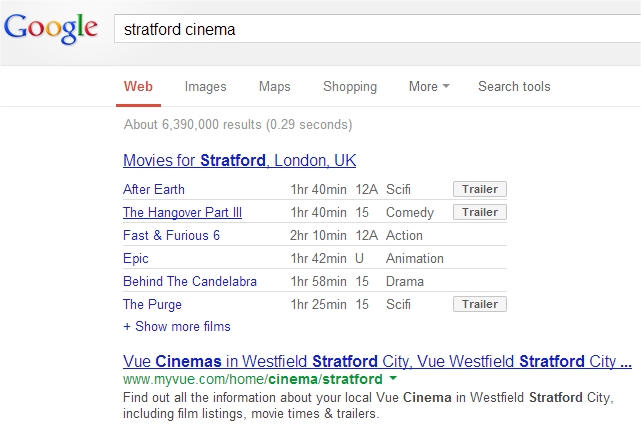
All of a sudden you can see the power and potential of semantic search.
This is just a high level overview, but if you want to know more, this is a good starting point:
Key Search Marketing Takeaways from SemTechBiz 2013
Now the question is, will this stop the surge of low grade SEOers, poor English content, link dumping and keyword abuse? I doubt it anytime soon, but it looks like the SEO world if finally going to start becoming more interesting.
I took a look at the sites you've mentioned and also followed a few videos where they spoke about how semantics works and the code that works behind it. Its a really interesting topic (but then again I've always loved code Oo). The problem is that I can still see a few holes in the theory as far as RDFa goes. You would use the code to sort out relationships and what not in a page, but you would still need to give the structure the information it needs, and therein lies the hole. Netherworld seo'ers and marketers would easily be able to use this to their own advantage methinks, using most of their old techniques in newer ways. For instance, linking one site to another, using RDFa. The more they have, the more information the search engines get, the faster they get to the top. maybe I'm just being overtly cynical. Thanks, Dreamraven
I have been reading about it recently, so thanks for you post, Steve. I believe that semantic search is another step of the web evolution, so I am happy to be one of those, who managed to follow the whole process. I imagine one day my kids asking me: "So, you are telling me that people have managed to live without Google 30 years ago?" Fixed Fee Legal Services | Bespoke Document Drafting | Document Templates
I am little confused with semantic search, For products or for services it is absolutely OK! The challenges arise when you have a business website, or website for any organization and many a times for blog! For instant - Lets have an example of blog, like where you talk about challenges of small businesses, problem areas they encounter for being online etc. Here you may use Author tag, readers may put their remarks etc! So if you could explain how we can make our website so it facilitate semantic search? Also how you will address these problem: The Babel Problem The Chicken-Egg Problem The ROI Problem The Screen-Scrape Problem The Marginal Costs Problem CBIL360
“...Netherworld seo'ers and marketers would easily be able to use this to their own advantage methinks, using most of their old techniques in newer ways. For instance, linking one site to another, using RDFa.” I don't doubt Semantic search will eradicate web spam, as you say web spam will evolve. How Google deals with this I guess could be the next big battleground. “For instant - Lets have an example of blog, like where you talk about challenges of small businesses, problem areas they encounter for being online etc...” Don't forget we are at the beginning of the journey. But currently, if you have a blog that talks about the challenges of small business, how do you get on to page 1? How do you compete with the likes of business.com or entreprenuer.com or the multitude of other small business advice sites/forums/blogs. Now how about if you are deemed to be a respected/knowledgeable small business expert? If a Google Carousel panel made up of article summaries from various respected small business websites has replaced the traditional search index, then it's down to how the user interprets the summaries and decides where to go, hopefully your site. Now how you get summaries into the Google knowledge graph via schema.org other than a site description, I've yet to work out, and who decides if you are a knowledgeable expert? I suspect this will be powered from Google+ profiles, and community participation, but thats just a bit of cynical speculation. As for all the other problems, I'm guessing the babel one is probably the hardest although Google Translate does seem to do a better job than earlier attempts. I suspect we are in for a long and interesting journey
We had a similar discussion recently with a big SEO company. They coined what they said was a new phrase being bounded around the corridors of SEO - linktation. A mixture of links (they need a link budget) and citation (getting people(other sites) talking about your site). They explained that citation was important so to show your website was active and had 'real' people behind it - running it. The link that would then come shows that the website has worth. It came across as a slight PR campaign - generating a buzz with a thought leader in the niche, or reaching out to influencers in the hope they then start to chat about you that may eventually lead to the link being acquired. And we were told 'content is king' and 'social has become queen'. We were unsure in regards to semantic mark-up though it was stressed important going forward, especially for e-com sites relying on PLAs and reviews. Search is certainly changing, if anything becoming less technical and leading to more transparency and quality content creation. Social complements this and with clever content that fits in well with a coordinated strategy could be the future of SEO. alldaypa
“We had a similar discussion recently with a big SEO company. They coined what they said was a new phrase being bounded around the corridors of SEO - linktation. A mixture of links (they need a link budget) and citation (getting people(other sites) talking about your site)” What you're describing there is a blended marketing approach, which has been the correct approach for a long time. Unfortunately people get hung up on link building, and thats most peoples perception of SEO. This twisted view in my mind has actually contributed to the countless SEO idiots offering paid services to the novice, gullible and inexperienced. It's easy money, pretty easy to fudge results (look you're page 1 for "1 legged dinner ladies in Bolton"). Social Media Marketing, Semantic Search, structured data will all go hand in hand with writing compelling useful content. Add in some PR if you have a decent budget, build up your external reputation by inviting genuine customer reviews, and have a decent customer service and the ability to be proactive when things go wrong, and I think you've got it all covered. SEO/SMM or just call it online marketing, but it is evolving, and things like new structured mark up for in depth articles is as about as far removed from buy 1000 directory links for $10 as you can get. Trouble is, doing things properly takes time and effort, and time is something most business owners don't have. So getting bombarded with daily offers of fast seo results and guaranteed page 1 slots, I can't see the bad old days disappearing any time soon
Have to agree with you on that one. SEO, as it once was is almost becoming obsolete being replaced with what Google actually wanted people to do 10 years ago. Though, the locksmith on the high street has no idea of this and will more often than not fall victim to snake oil salesmen. So, Google didn't get their own way and so are slowly beating them out of the search market. Goodho! We speak to lots of people who have fell victim to these callous SEO salesmen. alldaypa
We are one of them. Falling victim to not only one but two times. I suppose I have had to learn a hard lesson. It is very interesting to read all your comment. I can rest assured I am heading in the right direction. Thank you all. |
Recent Posts 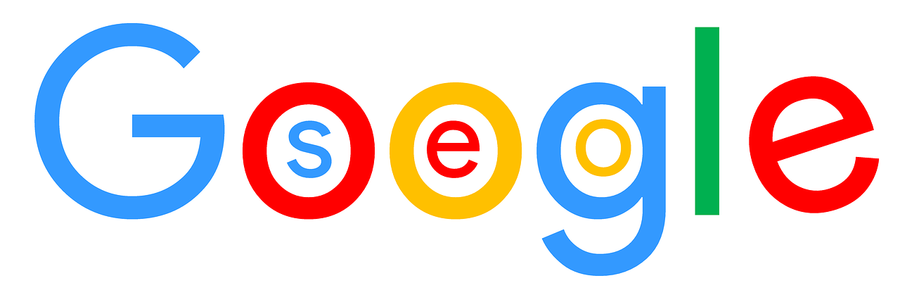 Search Engine Optimisation for laymen and newbies 24 comments Why PPC(Google Ads) Campaign Not Generate the Leads? 2 comments why cant just SEO be Simple & Affordable 5 comments 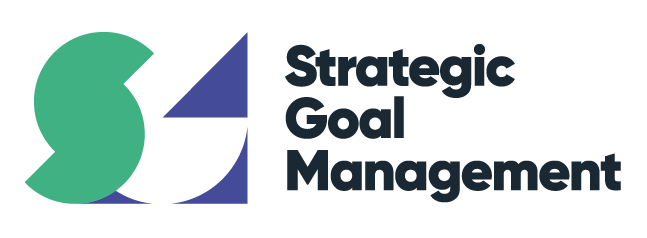 Is it worth it to do SEO Locally? 13 comments 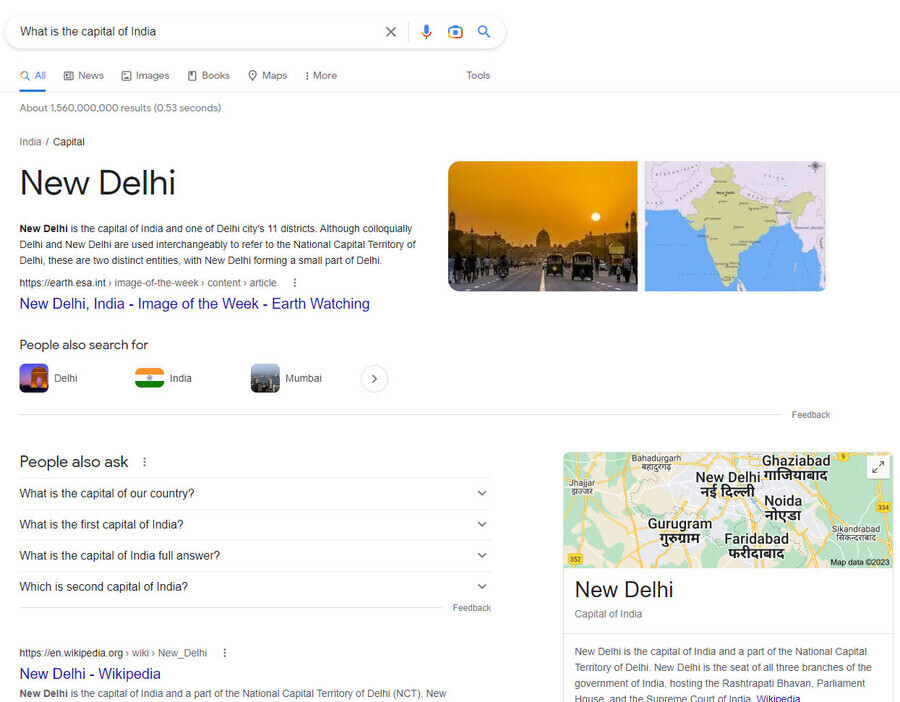 Finally, is 2023 the year Google search became irrelevant? 7 comments 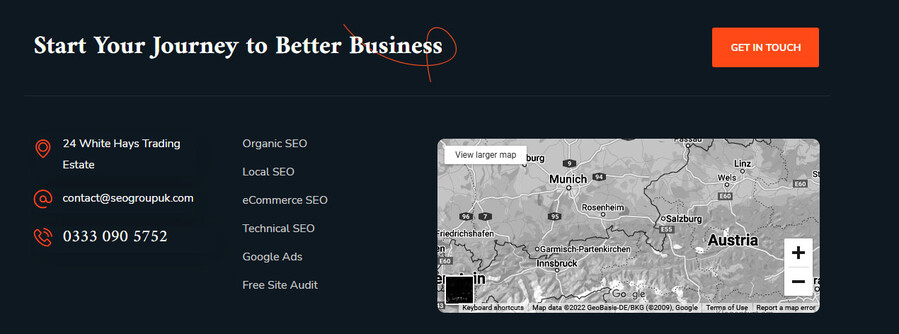 Has anyone used them? 2 comments  Online Reviews - everything you need to know 8 comments Has anyone experienced Googles algorithm change 2 comments  Asking Google to remove negative reviews - what happens? 4 comments How can we block our website link from search engine result? 4 comments What is the strategy you can follow to rank the SEO keywords in Yahoo? 3 comments The Fundamentals of SEO (a step by step guide) 2 comments Which tool is best for SEO audit the website? 13 comments Why we can't find the traffic from Classifieds and B Director? 7 comments  Semantic Search Marketing & Structured Data - what is it? 8 comments |
